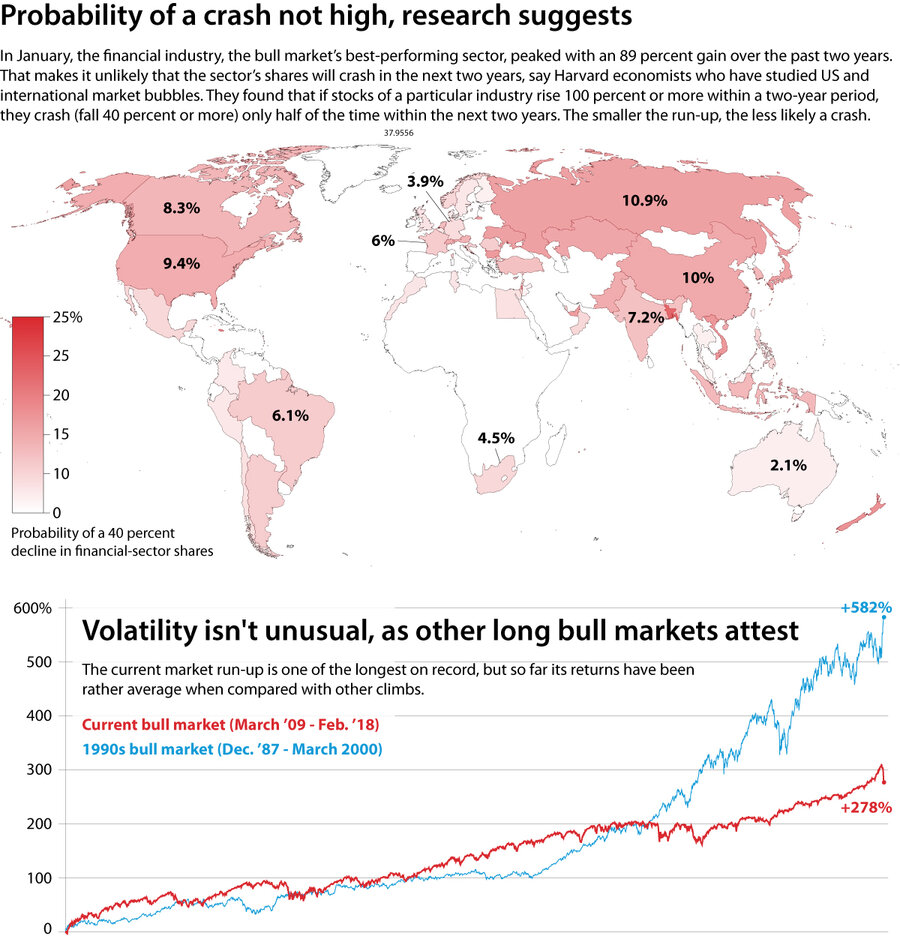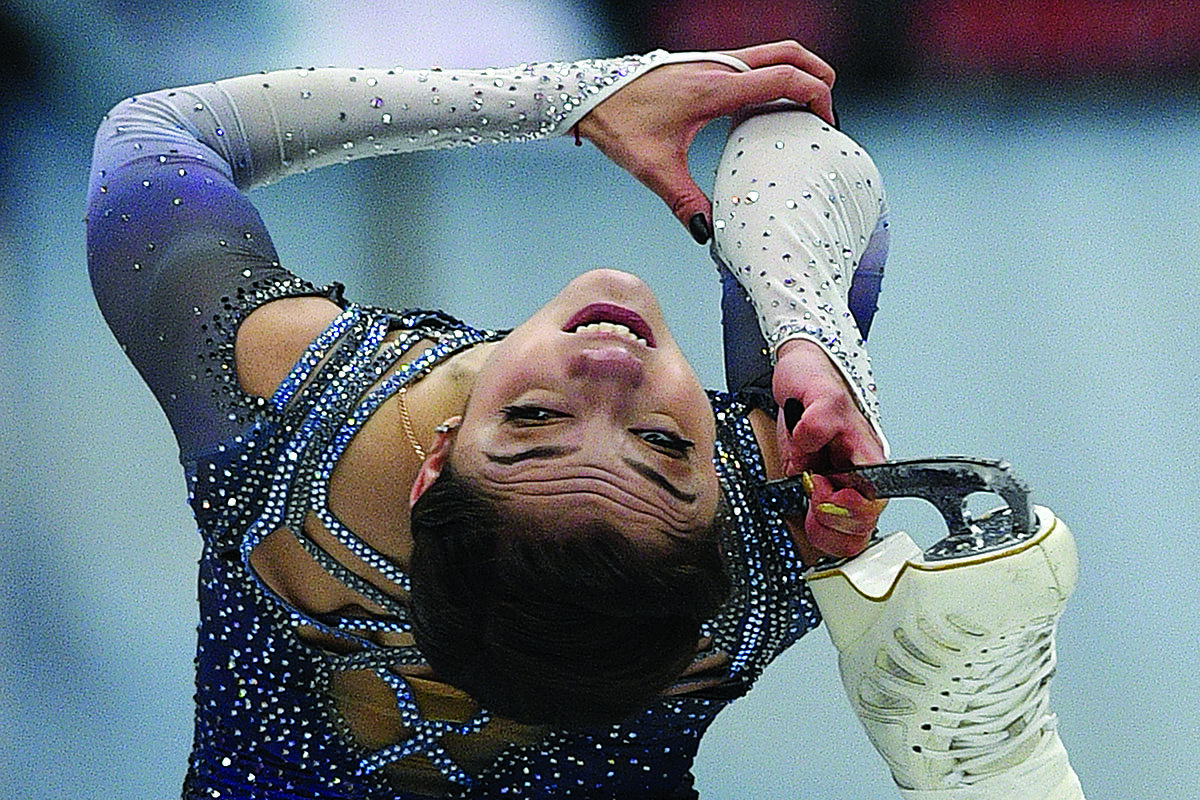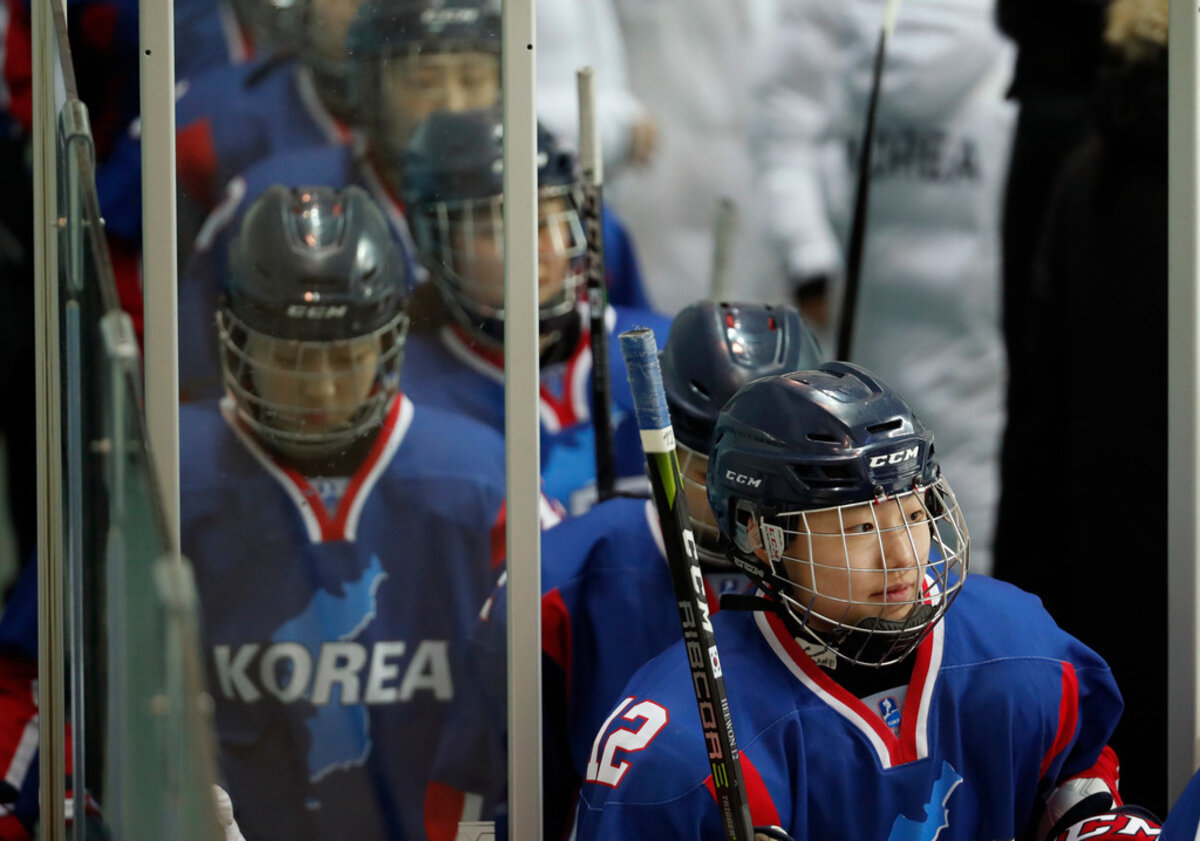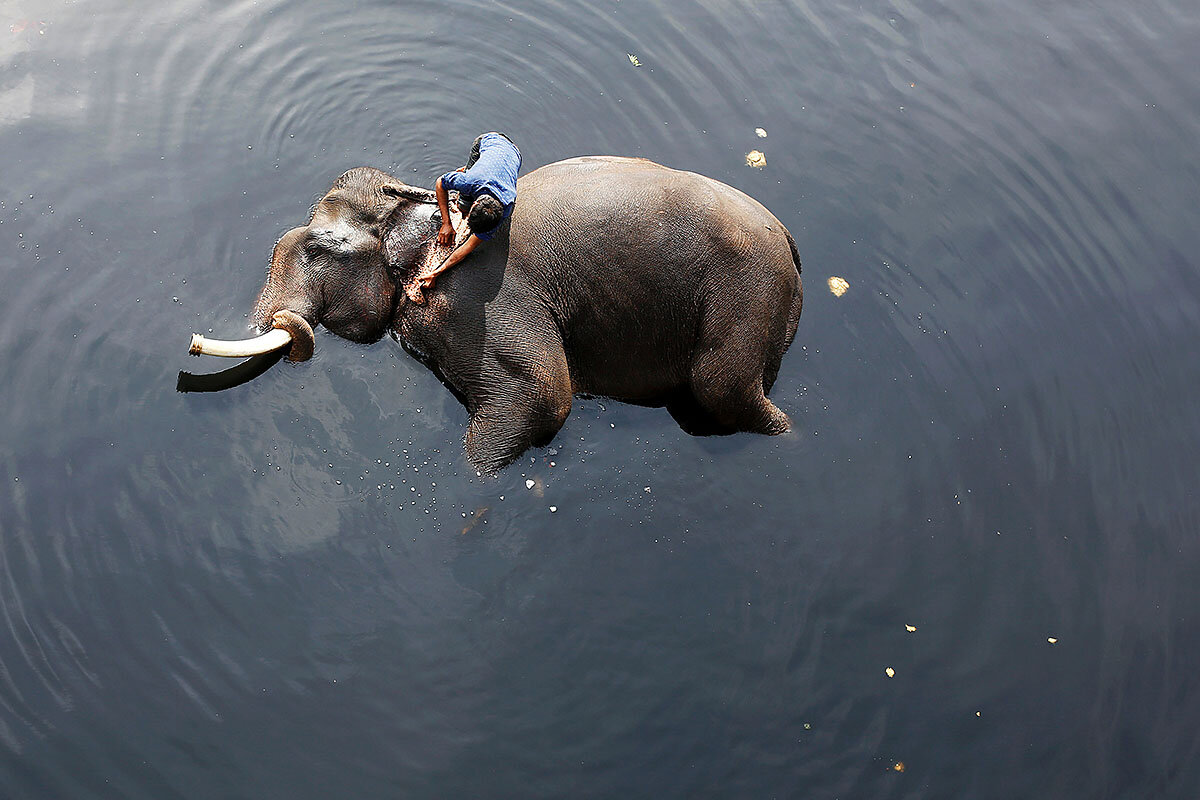The steep plunge of US stocks since Friday has sent ripples of fear through world markets. But market volatility isn't strictly a bad thing, if it keeps complacency and greed in check.
Monitor Daily Podcast
- Follow us:
- Apple Podcasts
- Spotify
- RSS Feed
- Download
 Noelle Swan
Noelle Swan
In humanity’s quest to understand the universe, scientists spend hundreds of millions of dollars launching highly specialized instruments into space. But even the pros occasionally need a little help.
Last month, NASA got an unexpected assist from an amateur astronomer.
Scott Tilley, an electrical engineer from British Columbia, began scanning the skies for hidden satellites as an 8-year-old, inspired by a “60 Minutes” report and his father’s amateur radio equipment.
After decades of evenings spent analyzing radio signals, this winter he latched onto the ping of NASA’s long-lost IMAGE satellite.
Launched in 2000, the $150 million spacecraft was designed to study Earth’s magnetosphere. For five years it gathered some of the most robust data ever collected on space weather before suddenly going silent. NASA officially wrote the satellite off as lost in 2007.
Now, more than a decade later, NASA scientists are hopeful that the craft may resume gathering data, thanks to the persistence and curiosity of a citizen scientist.
Mr. Tilley told The Washington Post he is thrilled to have been able to track down something that had eluded scientists. His love of space, however, isn’t fueled by a quest for recognition or physical discovery, he said, but by the thrill of exploration.
Here are our five stories for today highlighting the collective pursuit of excellence, a nurturing hand, and the persistent quest for freedom of speech.











